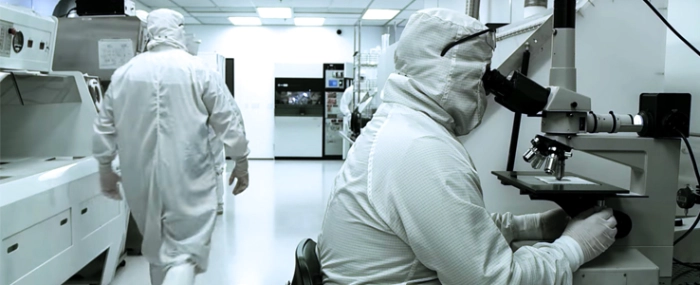
UK says Broadcom’s acquisition of VMware could hurt competition
The UK’s Competition and Markets Authority says that Broadcom’s deal to buy VMware could lead to less innovation and drive up the cost of computer parts used by the government, banks and telecoms.
Broadcom develops and sells specialist hardware components – such as network interface cards (NICs) and storage adapters – used in servers. VMware specialises in software products and services, including server virtualisation software, which enables servers to be used more efficiently by separating them into multiple virtualised servers. VMware’s customers include major banks, telecom firms, UK government departments and other public institutions.
The Competition and Market Authority’s (CMA) initial investigation looked at how the deal to buy VMware for USD 61 billion could impact the supply of these software and hardware products and whether this would then give Broadcom the ability to disadvantage its competitors.
The CMA determined that VMware holds a leading position in server virtualisation software and that compatibility with its software is crucial for Broadcom and its competitors' server hardware components. Thus, the CMA is concerned that the agreement could enable Broadcom to negatively impact its competitors by barring them from supplying VMware-compatible hardware components – such as NICs and storage adapters – decreasing competition and, ultimately, customer choice.
The investigation also found that the merger could result in Broadcom obtaining commercially sensitive information – such as details of new planned products – that its hardware rivals currently supply to VMware. This in particular raised concerns that the deal could damage innovation, resulting in fewer product updates or new features for customers.
“We are concerned this deal could allow Broadcom to cut out competitors from the supply of hardware components to the server market and lead to less innovation at a time when most firms want fast, responsive, and affordable IT systems. It’s now up to Broadcom to respond to our concerns or face a more in-depth investigation,” says David Stewart, Executive Director at the CMA in a press release.
The US company has five working days to explain to the CMA how it will address the identified concerns. The CMA will then consider whether this addresses its concerns, or if the case should be referred to the next stage of the investigation.


